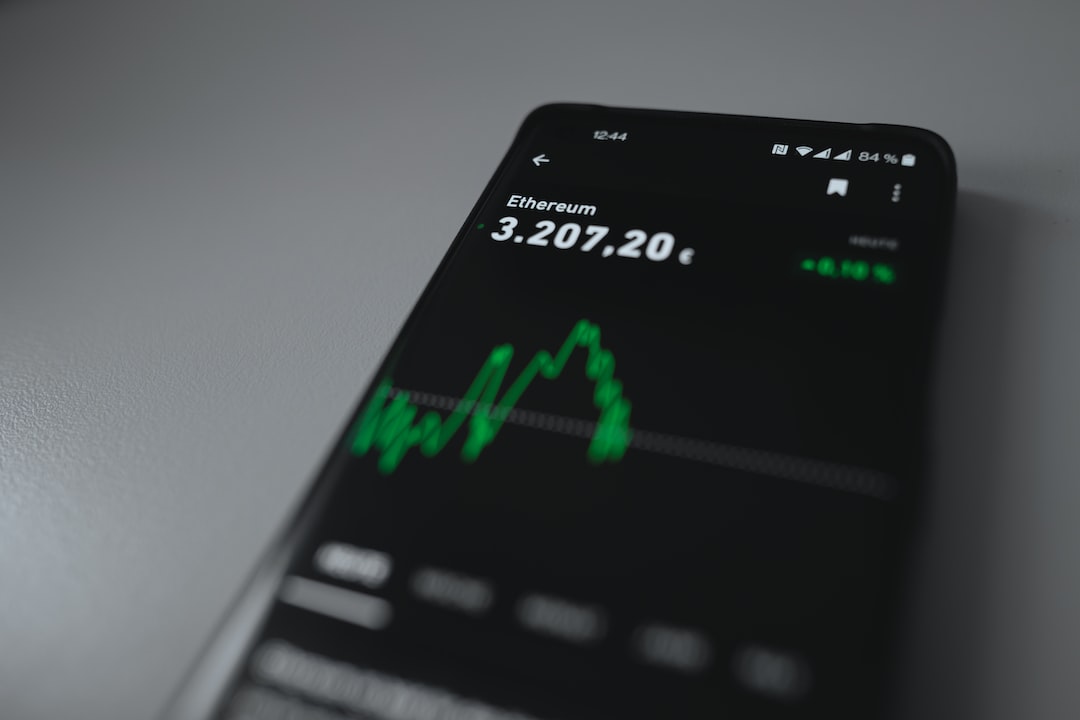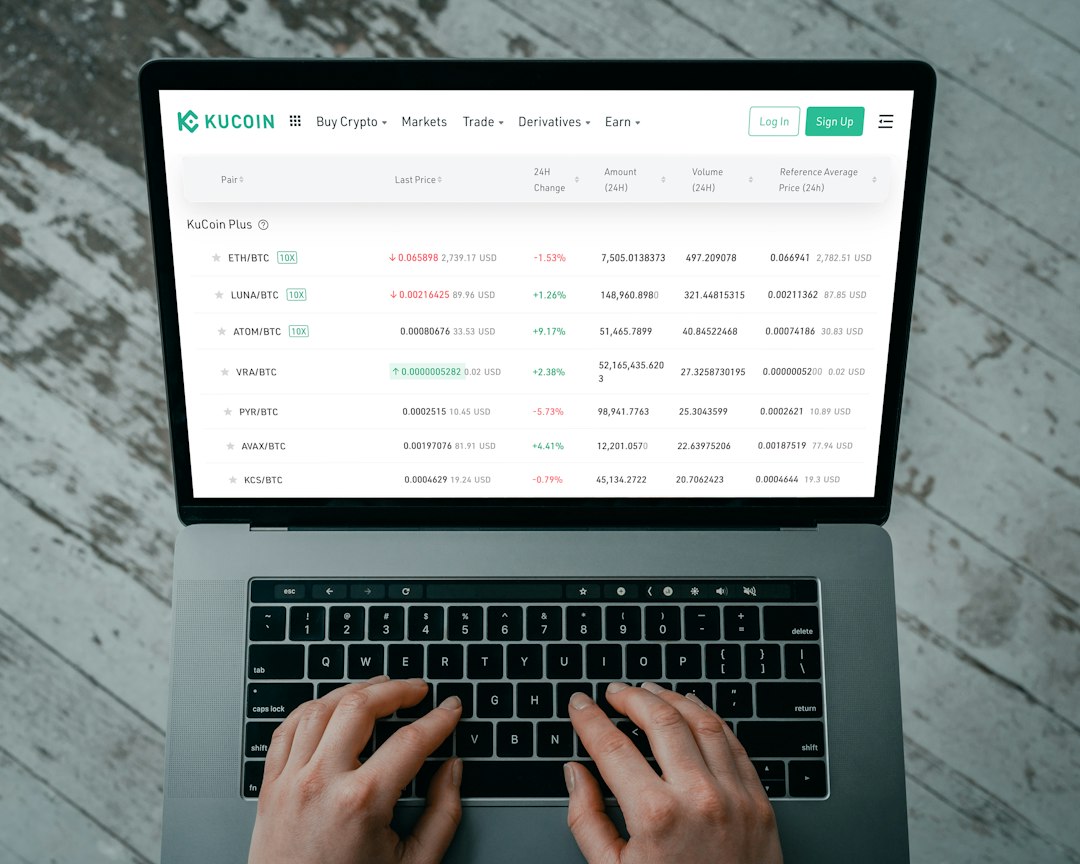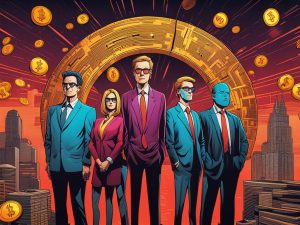Bankman-Fried’s Lawyer: ‘Mistakes Are Not a Crime’
In his closing argument, Mark Cohen, the lawyer representing Sam Bankman-Fried, emphasized that making mistakes is not the same as committing a crime. Cohen, who is known for defending Ghislaine Maxwell, stated that the burden of proof lies with the government, and they had failed to demonstrate criminal intent on Bankman-Fried’s part. The lawyer criticized the government for attempting to portray Bankman-Fried as a monster without sufficient evidence.
Cohen acknowledged that there were flaws in how Bankman-Fried and his team operated FTX but argued that it was an innovative and legitimate business. He asserted that the collapse of FTX was due to a liquidity crisis rather than a Ponzi scheme.
Cohen highlighted the unfair treatment of Bankman-Fried by the government during the trial, noting that they criticized him regardless of whether he provided lengthy or concise answers. He questioned why Bankman-Fried would voluntarily speak to Congress if he were truly a criminal mastermind.
The defense lawyer attacked the credibility of prosecution witnesses who had taken plea deals, suggesting that they shifted blame onto Bankman-Fried in order to receive sentencing reductions. Cohen argued that the code access and transfers between FTX and Alameda were not secret crimes but rather actions taken by a young and innovative company.
Cohen concluded by stating that the case was a matter of differing business judgments rather than criminal behavior. He maintained that Bankman-Fried acted in good faith and implored the jury to find him not guilty.
Hot Take: Mistakes vs. Crimes
In his closing argument, Sam Bankman-Fried’s lawyer, Mark Cohen, emphasized an important distinction between mistakes and crimes. He pointed out that while Bankman-Fried may have made errors in judgment, it does not automatically make him a criminal. Cohen criticized the government’s portrayal of Bankman-Fried as a monster without sufficient evidence of criminal intent. He argued that Bankman-Fried was an innovative entrepreneur who built a legitimate business, and the collapse of FTX was due to a liquidity crisis rather than a Ponzi scheme. Cohen also questioned the credibility of prosecution witnesses who had taken plea deals, suggesting that they shifted blame onto Bankman-Fried to receive sentencing reductions. Overall, Cohen portrayed the case as a difference in business judgment rather than criminal behavior and urged the jury to find Bankman-Fried not guilty.





 By
By
 By
By
 By
By
 By
By
 By
By
 By
By